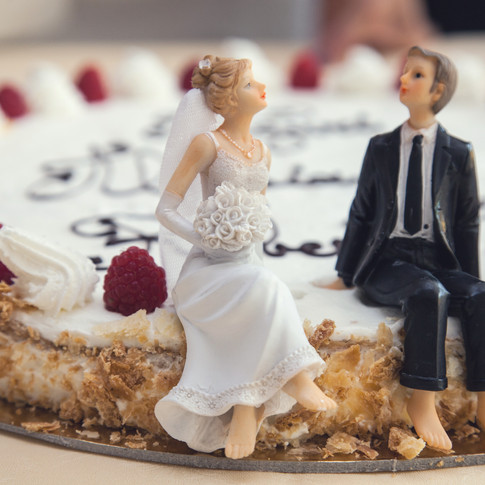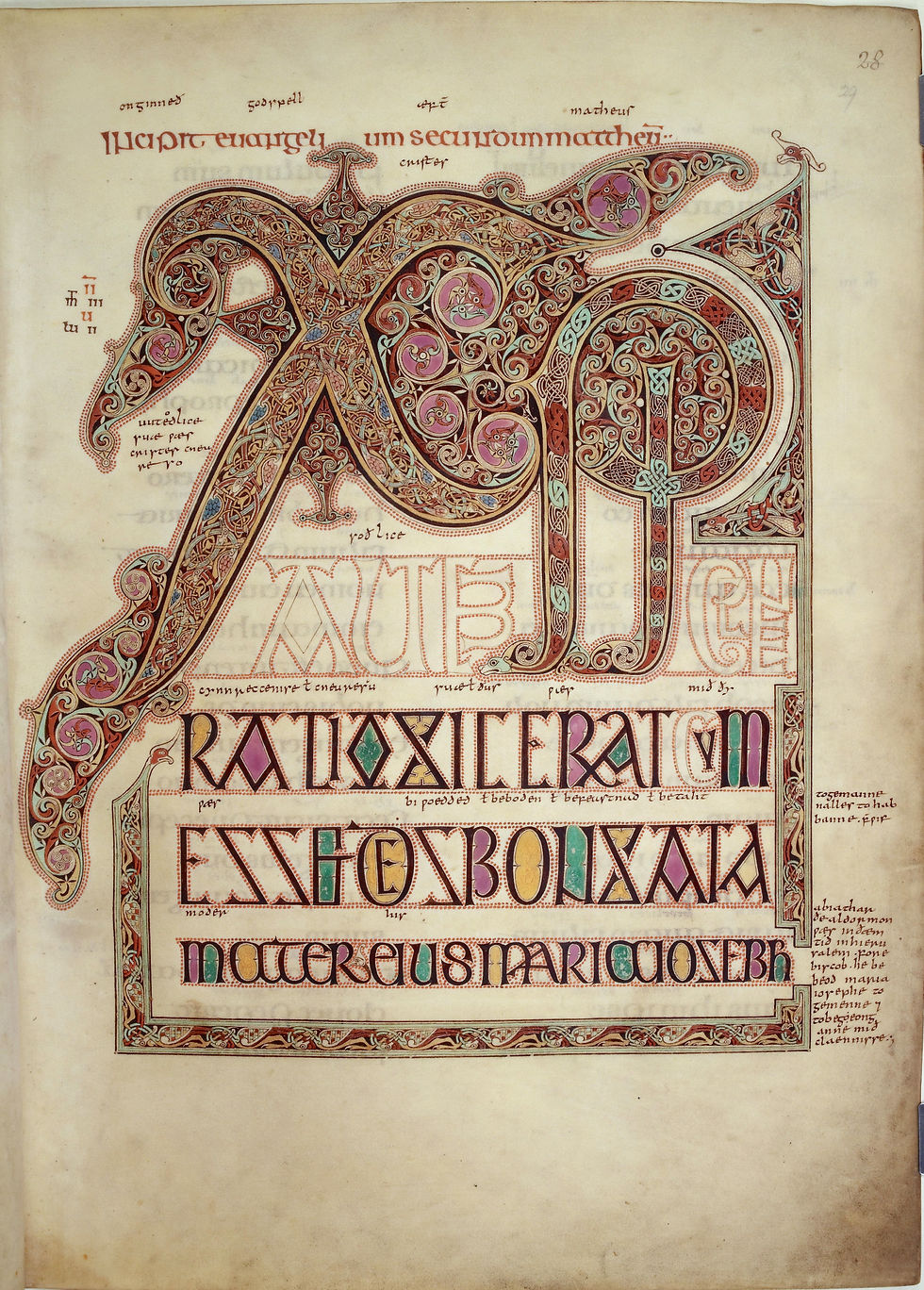WHAT IS THE INSPIRED? WHO IS IT DESIGNED FOR?
In the fall of 2017 I founded The-Inspired.com as my way of contributing back to the world. Never before has so much powerful, educational, informative life changing knowledge been available to us online. The Inspired is a BEST oF compilation of those sources, with a specific goal in mind...
I heard something recently that I know rings true: The reason most people don't reach their goals in life is because they don't have a clear idea of what their goals are. And then for those who do have a clear vision, they don't stick with the daily process of working on reaching those goals until the job is done.
What we do each day matters. From new or seasoned professionals in the business world, retirees in their 50's to golden years, and for stay at home moms or dads, this website is designed for you. Moving forward in your journey means living a better life. It means improving your career, reducing stress or anxiety. It means finding fulfillment in each day, and purpose in life, at any age.
Subscribe to the Newsletter for Tools, Tactics & Inspired Daily Rituals: Every journey should start with practical, and easy to follow advice. In these articles I'll share some of the most under-used, under-rated, and misunderstood tools, tactics, and habits in life. Tools and tactics to help you understand your strengths, passions and goals, and get you working towards improving your situation today. Subscribe now! It's 100% free and I'll aim to send out a newsletter once a month.
I hope you enjoy your personal experience here at The-Inspired, and the growth that comes with it.
Contact Us
Hi I'm Goran Yerkovich, the Founder of The-Inspired. I'd love to hear from you and learn what brought you to The-Inspired. If you have an idea for a story as a Guest Columnist, or if you'd like to share your journey, or you'd like to tell me about the articles you've loved, and how they have helped you in your journey, you can reach me at: info@the-inspired.com

















































.png)



















This blog is good for readers. https://www.highly.co/hl/pJiU6aApH7iXzX sdfgsfdg <a href="https://tspiglobal.com/">technology</a> [url=https://tspiglobal.com/]technology[/url]